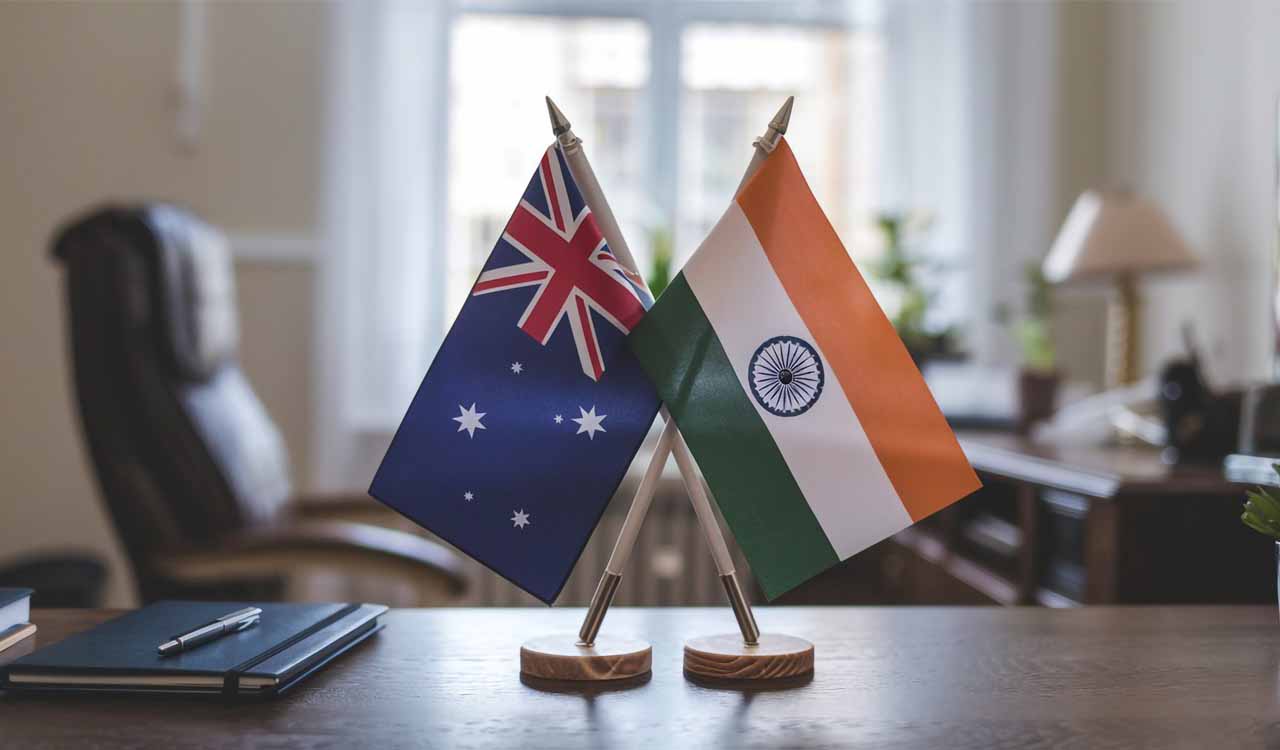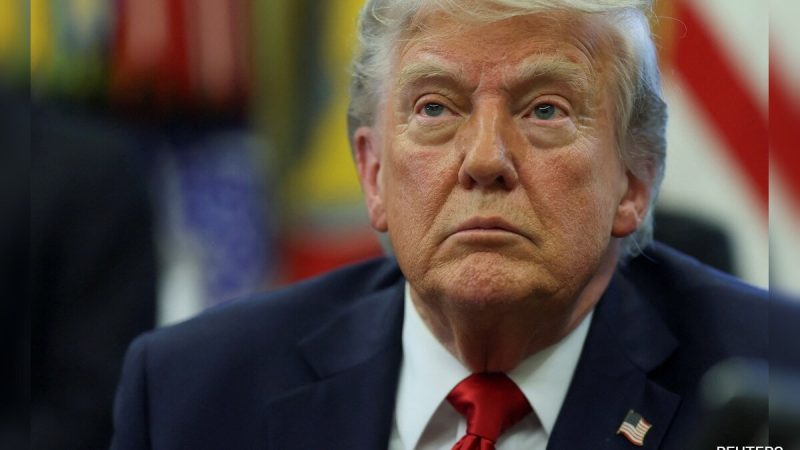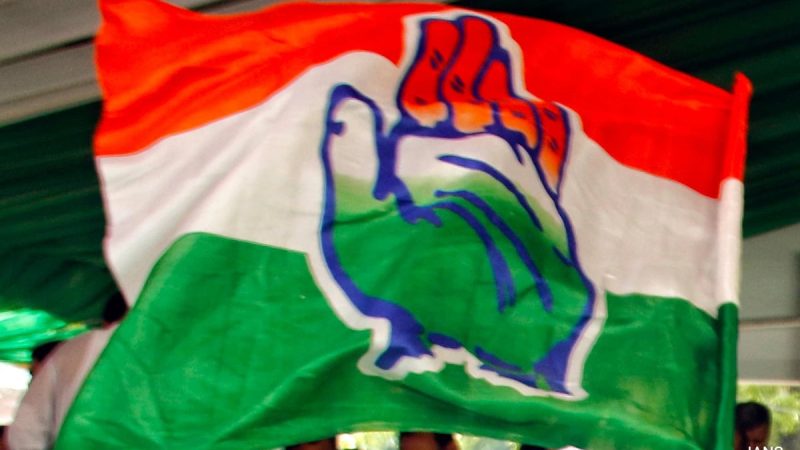Editorial: Historic trade agreement between India-UK

The biggest pact signed by Britain after leaving the EU marks a major milestone in bilateral relations and also reflects India’s rising status in the global order
Published Date – 12 May 2025, 08:18 PM

The recently concluded trade agreement between India and the United Kingdom, the biggest pact signed by Britain after leaving the European Union nearly five years ago, marks a major milestone in bilateral relations and also reflects India’s rising status in the global order. The historic deal, finalised after three years of intense negotiations, promises tangible benefits for businesses and consumers on both sides. It is aimed to double bilateral trade to $120 billion by 2030. Significantly, it eliminates import duties on 99% of Indian goods entering the UK, while India safeguards sensitive sectors. By providing enhanced access to each other’s market for a wide range of goods and services, the pact will benefit both economies. The timing of the deal announcement — amid the Indo-Pak military tensions over the Pahalgam terror attack — demonstrates that trade and economic matters were unaffected by the conflict. With India slashing taxes on goods imported from the UK, a wide range of goods including cosmetics, scotch whisky, gin and soft drinks, higher-value cars, chocolate, biscuits, medical devices, and aerospace and electrical machinery would become cheaper. Similarly, lowering tariffs on clothing and jewellery would lead to cheaper prices and more choices for British consumers. Trade analysts say United States President Donald Trump’s introduction of tariffs on goods entering America has prompted other world leaders to consider striking free-trade deals with one another. The UK’s deal with India is its third biggest after its agreements with Australia and Japan.
This deal could also be a big win for UK businesses engaged in car manufacturing and whisky distillers. For instance, tariffs on whisky and gin being imported to India from the UK will be halved from 150% to 75% before reducing to 40% by the 10th year of the deal and car tariffs will fall from more than 100% to 10%. In India, consumers could see many more choices among the goods which have been included in the deal. Clothing manufacturing businesses and jewellers will also be able to access the UK market which will boost their margins. Since the EU is the biggest trade partner for both the UK and India, it would be important to fast-track the ongoing efforts to finalise a trade deal with the EU. At the heart of this deal is the clear recognition of India as a future economic powerhouse. With forecasts placing India as the world’s third-largest economy in the coming years, the UK has moved decisively to strengthen its commercial foothold in South Asia. For India, this is an affirmation of the export-led growth strategy that has become a central part of its economic vision. The ability to strike such a significant deal with a G7 nation underscores both diplomatic maturity and economic appeal. For Indian exporters, the reduction of tariffs on key sectors like textiles, footwear, seafood, and gems comes as a welcome relief.






